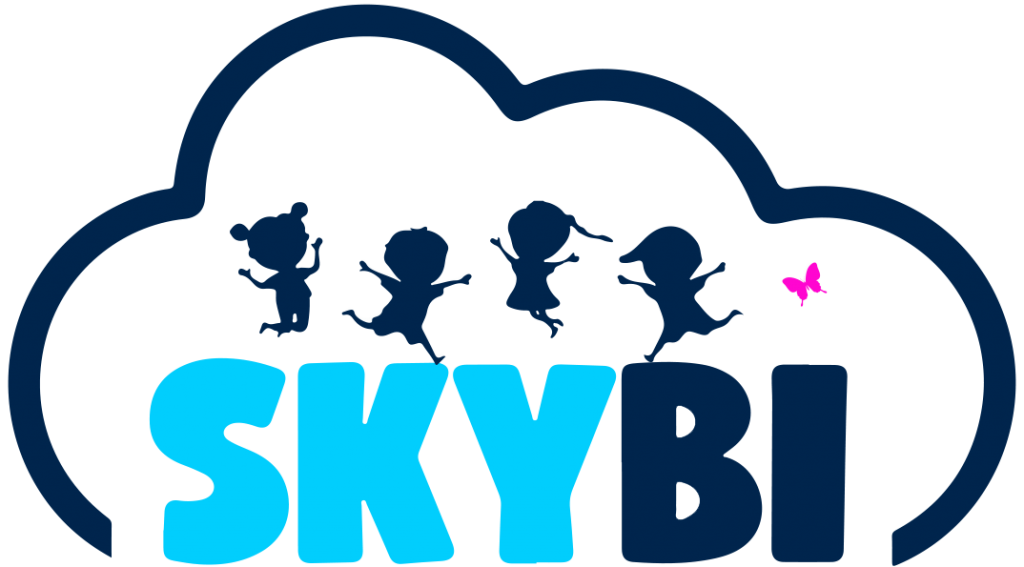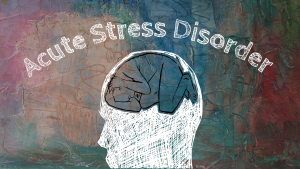13-9, 2 Rio Tower, Persiaran Rio, Bandar Puteri, 47100 Puchong, Selangor, Malaysia.
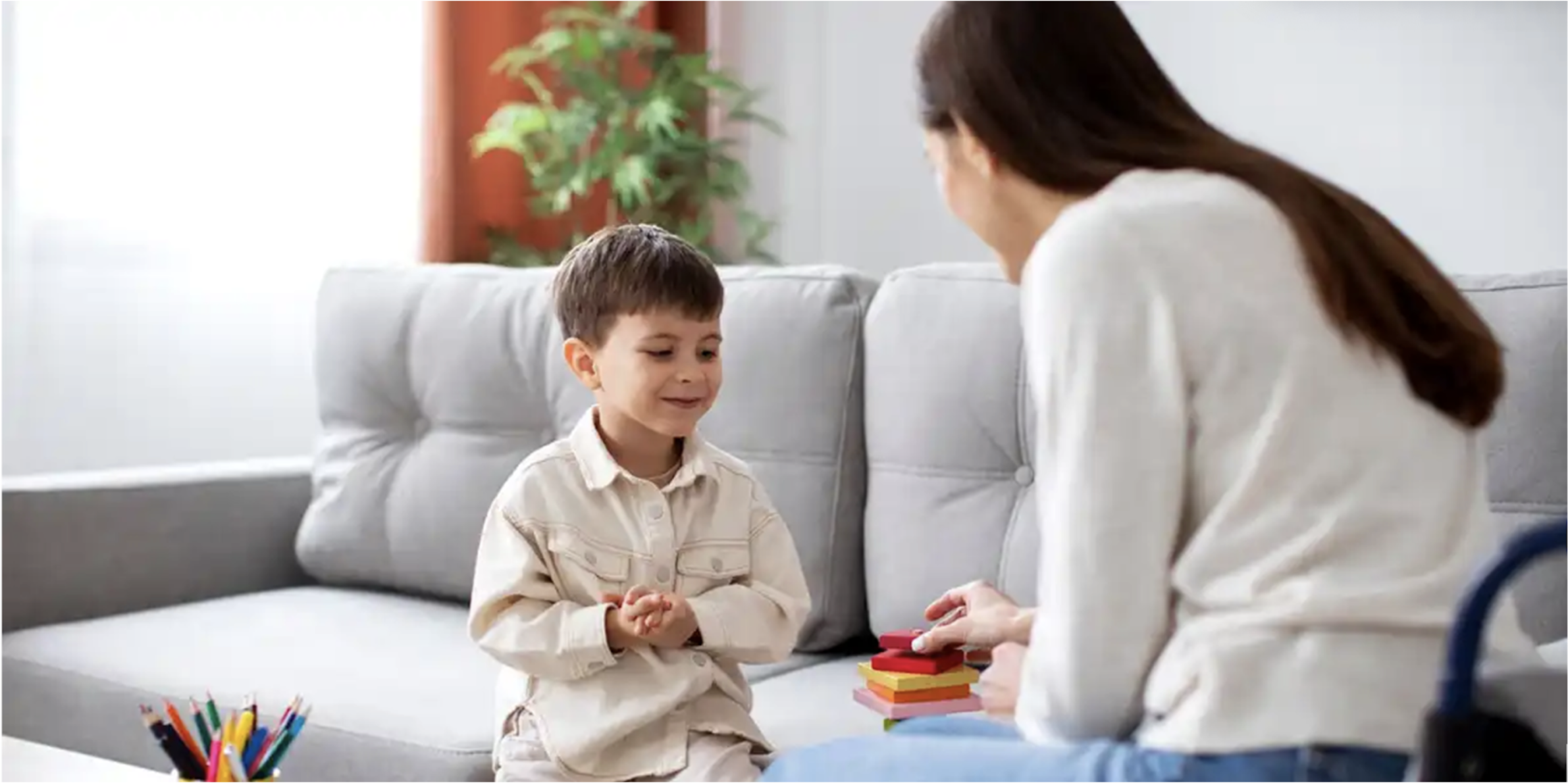
Child Therapist vs Child Psychologist: Which One Does Your Child Need?
- On
- InUncategorized
Parenting is a rewarding yet challenging journey, especially if your child is facing emotional or behavioural difficulties. Many parents feel uncertain about the right kind of help to seek. Should you choose a child therapist or a child psychologist? Understanding the differences between these two professions can help you make a more informed decision so that your child receives the appropriate support.
A Child Therapist
What Does a Child Therapist Do?
A child therapist is a trained mental health professional, such as a counsellor or marriage and family therapist, who specialises in counselling for family issues and supporting children through emotional and behavioural challenges.
What a Child Therapist Helps With
Child therapists focus on helping children manage emotions, navigate family stressors like parental separation, or address anxiety and behavioural difficulties. They use engaging, age-appropriate child therapy techniques —such as play therapy and art therapy—that allow children to express themselves safely.
Qualifications of a Child Therapist
Child therapists typically hold a Master’s degree in Counselling or a related mental health field. They are licensed to provide therapeutic interventions tailored to children and their families.
A Child Psychologist
What Does a Child Psychologist Do?
A child psychologist is a mental health expert trained to assess, diagnose, and treat complex psychological or developmental issues in children. They are often the professionals parents seek if they suspect severe conditions like ADHD, Autism Spectrum Disorder, or mood and anxiety disorders.
What a Child Psychologist Treats
Child psychologists use evidence-based approaches to assess your child’s cognitive, emotional, and behavioural health. They may conduct psychological testing to identify specific issues and then design a structured treatment plan that can involve therapy sessions, skill-building exercises, and collaboration with other specialists.
Qualifications of a Child Psychologist
A child psychologist usually holds a Doctoral degree (PhD or PsyD) in Psychology, along with supervised clinical training. However, in Malaysia, many qualified child psychologists hold a Master’s degree in Child Psychology with supervised clinical training, and are eligible to conduct psychological assessments and provide evidence-based therapy tailored for children and adolescents.
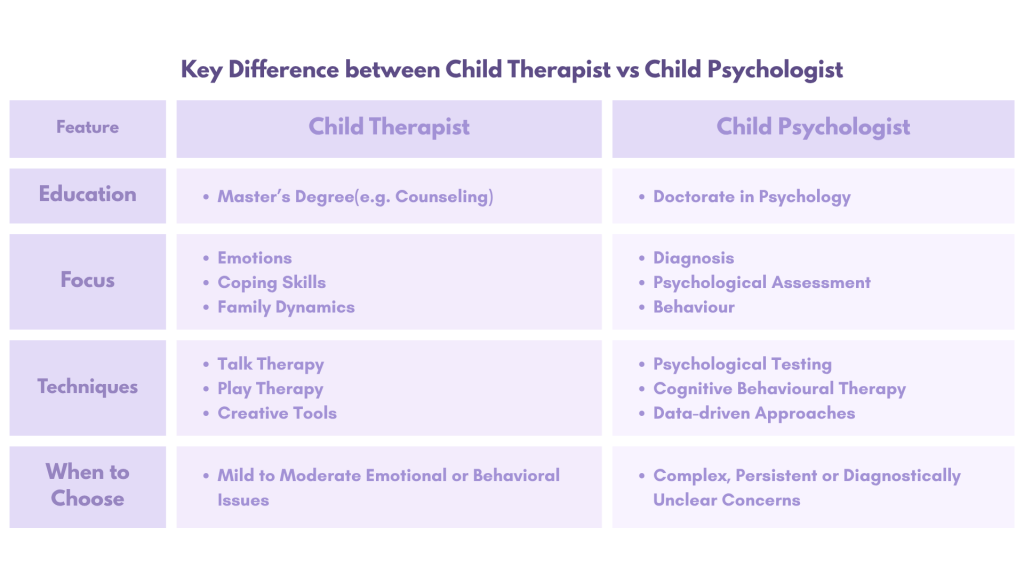
Common Child Therapy Techniques
Whether seeing a child therapist or a child psychologist in Malaysia, professionals use a range of effective child therapy techniques to support your child’s developmental stage. These may include:✅ Play Therapy — Uses games and structured play to help younger children process emotions and trauma.
✅ Art Therapy — Provides a creative outlet for children to explore thoughts and feelings they can’t easily talk about.
✅ Cognitive-Behavioural Therapy (CBT) — Teaches children to identify and change negative thought patterns that cause anxiety and low self-esteem.
✅ Parent-Child Interaction Therapy (PCIT) — Coaches parents and children together to improve communication and manage challenging behaviours.
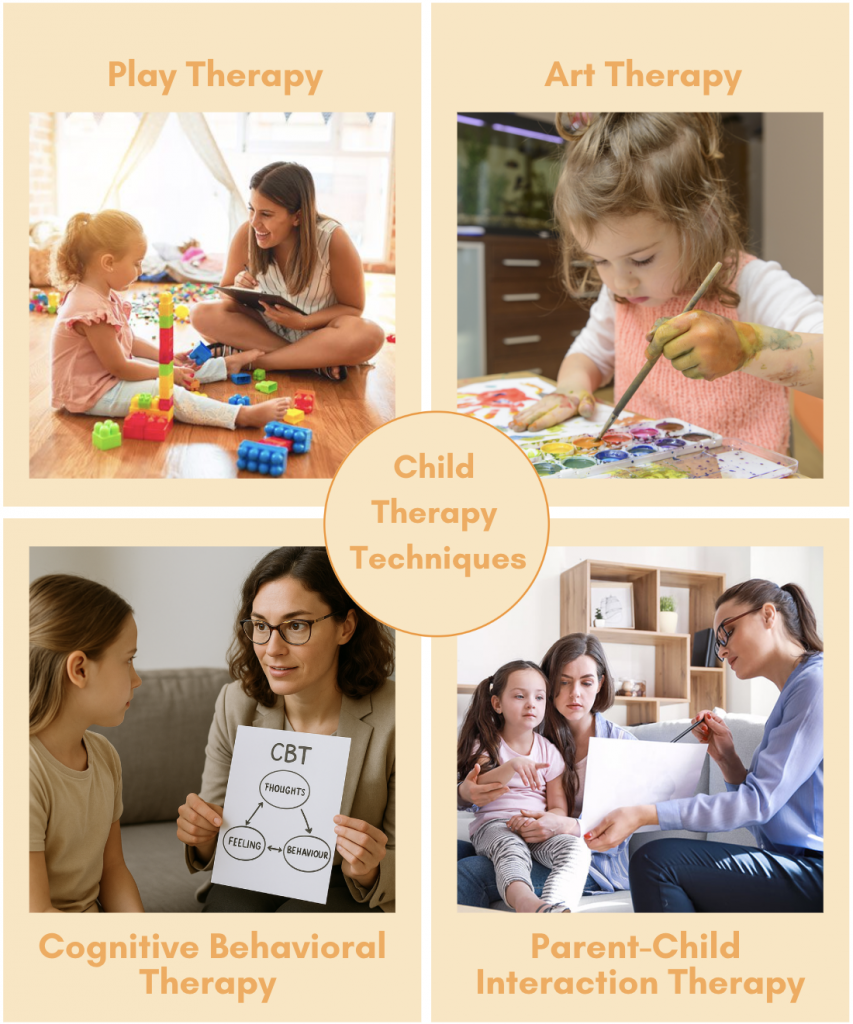
Choosing the Right Mental Health Professional for Your Child
Here are a few key considerations to help you decide between a child therapist vs a child psychologist:
- Identify the Core Issues
Is your child experiencing everyday emotional struggles, such as school stress or sibling rivalry? A child therapist can help.
Or do they show signs of deeper developmental or psychological issues? Consider seeing a child psychologist for a formal assessment. - Consider the Complexity and Intensity of the Issues
If the concern is mild to moderate — e.g., coping with family changes — a therapist may be suitable for you.
For persistent or serious behavioural and emotional issues (e.g. suspected ADHD or autism), a psychologist in Malaysia is often better equipped for evaluation and ongoing support. - Evaluate Accessibility and Comfort for Your Child
Regardless of professional title, ensure the provider’s accessibility, communication style, and connection with your child are strong. Feeling safe and understood is key to progress. - Do not Hesitate to Consult Both for Complementary Support
In many cases, therapists and psychologists can work together to provide complementary support—combining therapeutic interventions with diagnostic insight to create a comprehensive care plan for your child.
Choosing a Trusted Provider
Selecting the right professional is a crucial first step. Skybi is a dedicated mental health centre offering both child therapy and child psychology services tailored to children and adolescents in Malaysia. Our experienced team utilises proven child therapy techniques to support each child’s unique developmental and emotional needs in a warm, culturally sensitive environment.
Looking for a qualified child therapist or psychologist in Malaysia?
Explore Skybi’s professional team to find the right support for your child’s mental wellness.
💬 Talk to Skybi confidentially. Message us on WhatsApp.
Written by Jia Min on 19 Jun 2025; edited by Kai Lin on 23 Jun 2025.
